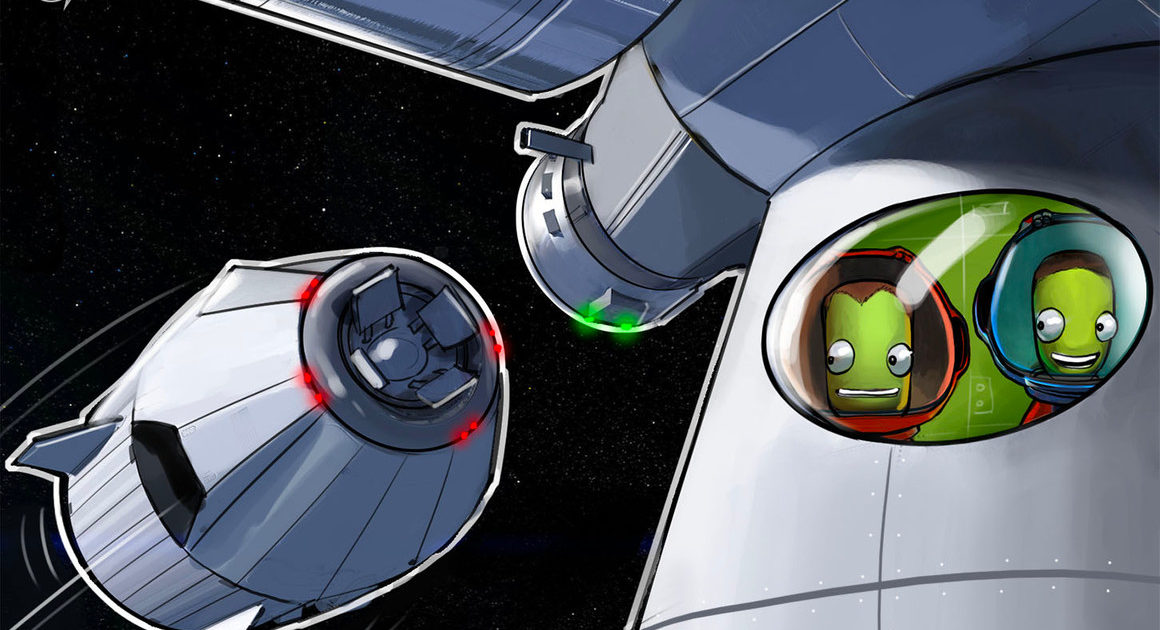Layer-two protocol Polygon will be merging ZK-rollup project Hermez Network into its ecosystem for $250 million worth of MATIC tokens.
In a Friday announcement, Polygon said Hermez would become a part of the network’s suite of solutions under the name Polygon Hermez. The 26 people in the Hermez team as well as its tech and solutions — including work on an Ethereum Virtual Machine-compatible solution — will join the platform.
As part of the merger, holders of Hermez’s native HEZ will be able to exchange the tokens at a rate of 3.5:1 to Polygon’s MATIC tokens. Polygon said HEZ tokens would eventually be phased out at an unspecified date.
“We believe this is in a way a historical moment since this will be (to the best of our knowledge) the first full-blown merger of two blockchain networks,” said Polygon. “[Mergers and acquisitions] in the traditional tech world are an everyday thing. In blockchains, however, they are a new and very interesting concept.”
The merger with Hermez is part of Polygon’s expansion into zero-knowledge, or ZK, proofs. The project has committed $1 billion to ZK-based solutions and plans to continue to form partnerships to grow its suite of solutions.
As a ZK-rollup, Hermez uses zero-knowledge proofs to verify the correctness of a large batch of transactions. An outside ecosystem executes these transactions and generates proofs for them, which are then posted directly on the Ethereum blockchain. The system is aimed at saving block space — a standard transfer of Ether (ETH) might take just 100 bytes on the chain, while a transaction with Hermez would only be 10 bytes.
Related: Tether launches on Hermez rollup as Ethereum starts falling behind
Though the companies will remain separate entities, Keep Network and NuCypher announced in March they will integrate their data encryption and protection protocols into a new network called Keanu. Though the projects said they will form a decentralized autonomous organization, the development will be driven by two independent teams rather than a full merger.




